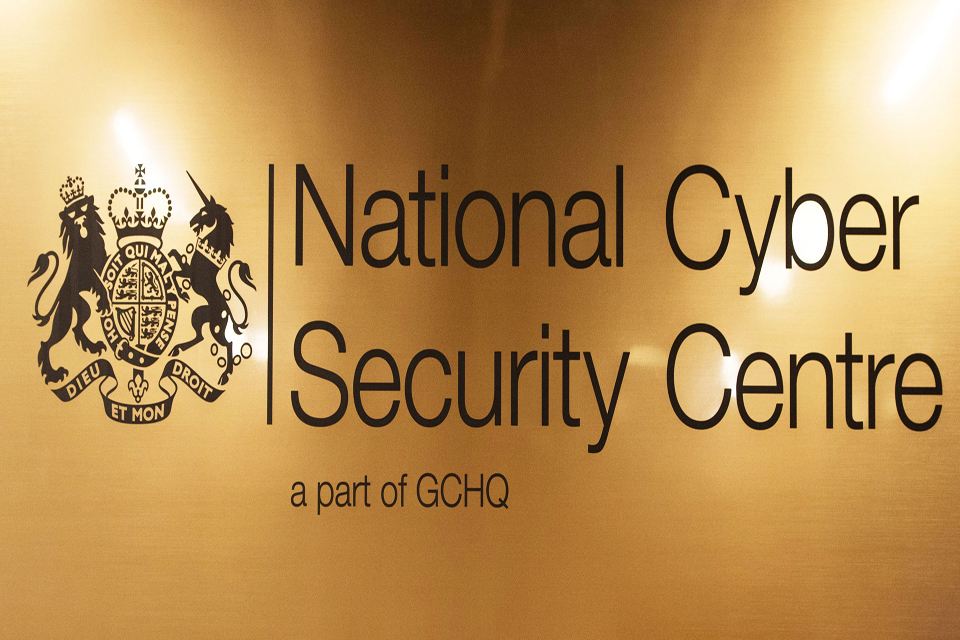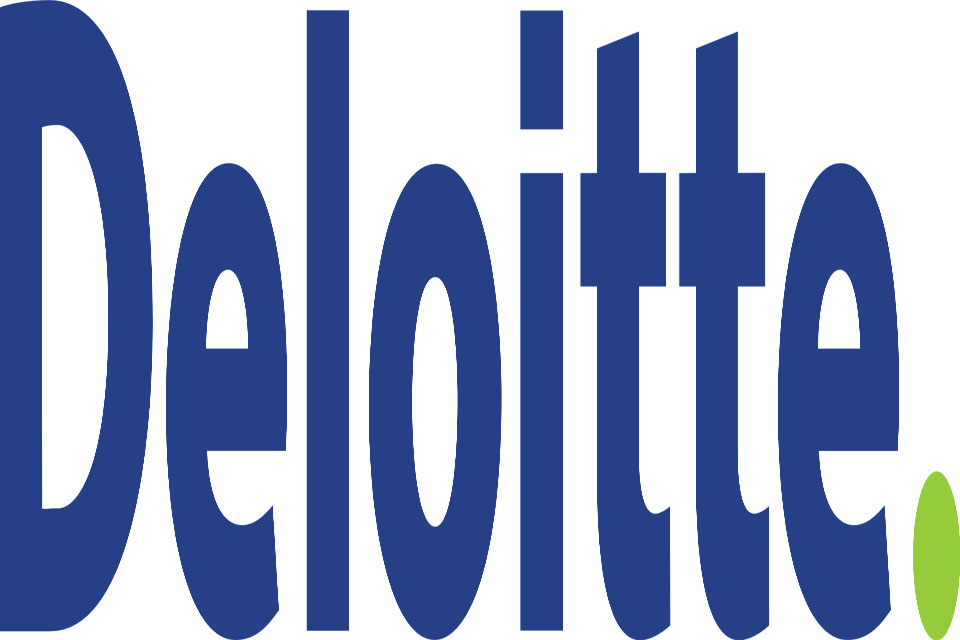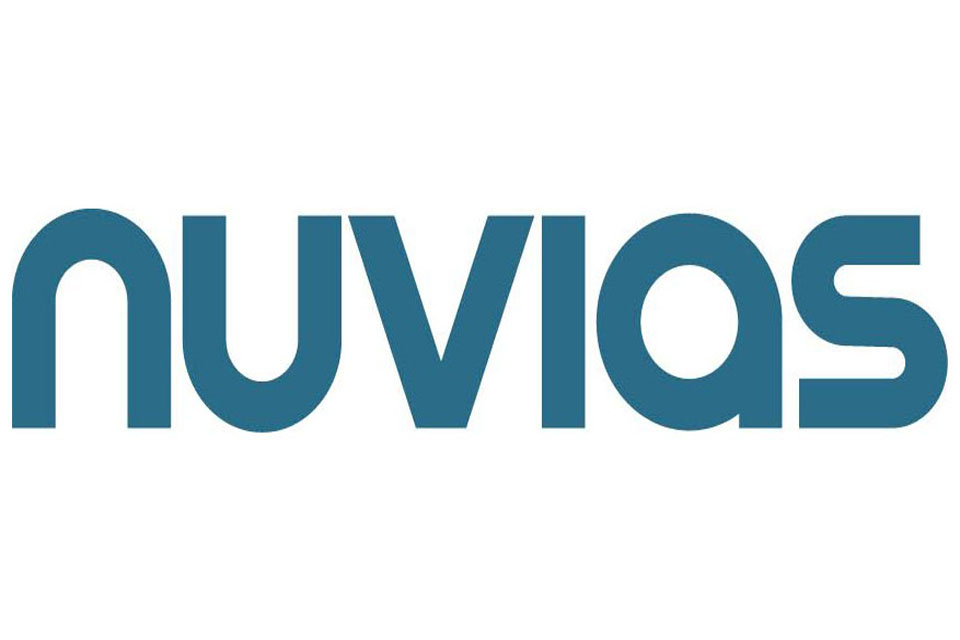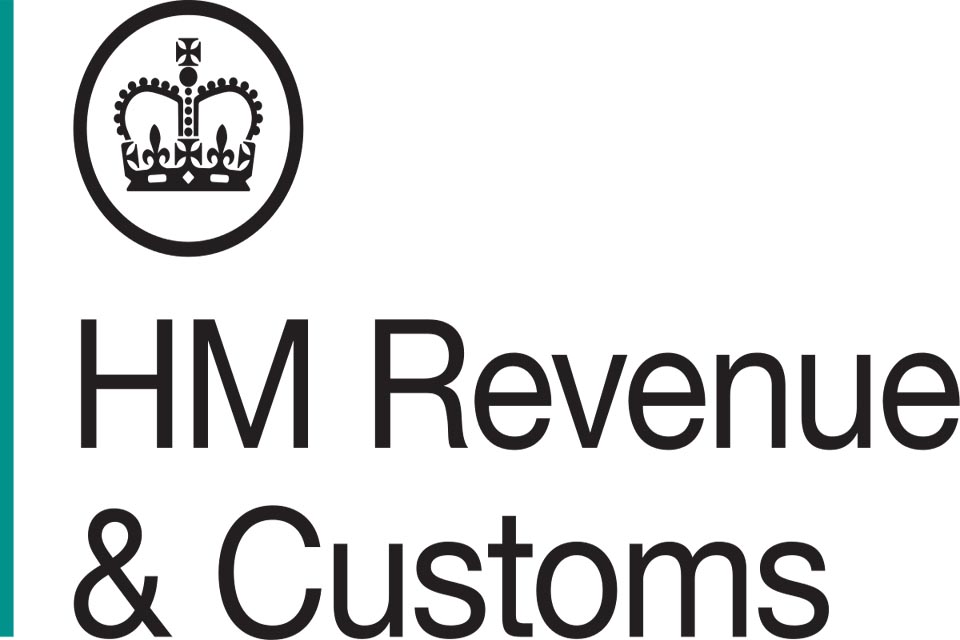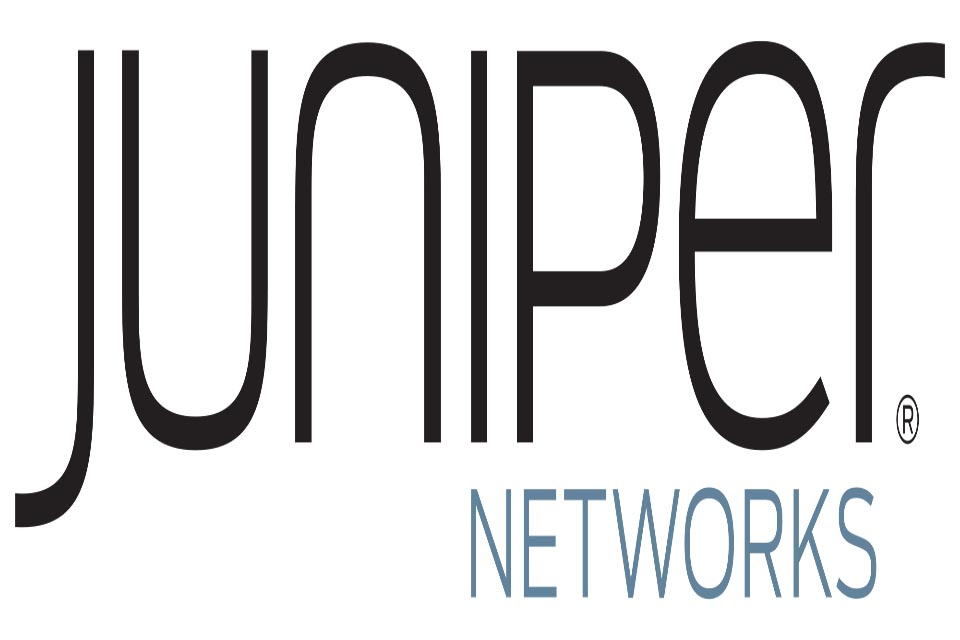Reaper ‘botnet’ could bring down internet, experts warn
https://cybersecureforum.co.uk/wp-content/uploads/2017/10/earth-1149733__340.jpg 960 640 Stuart O'Brien Stuart O'Brien https://secure.gravatar.com/avatar/9defd7b64b55280442ad2d7fb546a9db?s=96&d=mm&r=gCyber experts have warned that a massive botnet named ‘Reaper’ that has been growing over the past few weeks could have the ability to bring down the internet.
Experts at security specialist Check Point have spotted a collection of devices which have been deliberately hacked – sending surges of data to servers – causing them to crash and go offline.
A similar attack last year, the Mirai botnet, caused disruption across the US, wiping out the internet across the East Coast.
A blog published on Check Point Research warned of a “cyber-storm that could take down the internet’.
It went on to say: “So far we estimate over a million organisations have already been affected worldwide, including the US, Australia and everywhere in between, and the number is only increasing.
“Our research suggests we are now experiencing the calm before an even more powerful storm.
“The next cyber hurricane is about to come.”
Experts claim that Reaper could have already infected one million companies.


